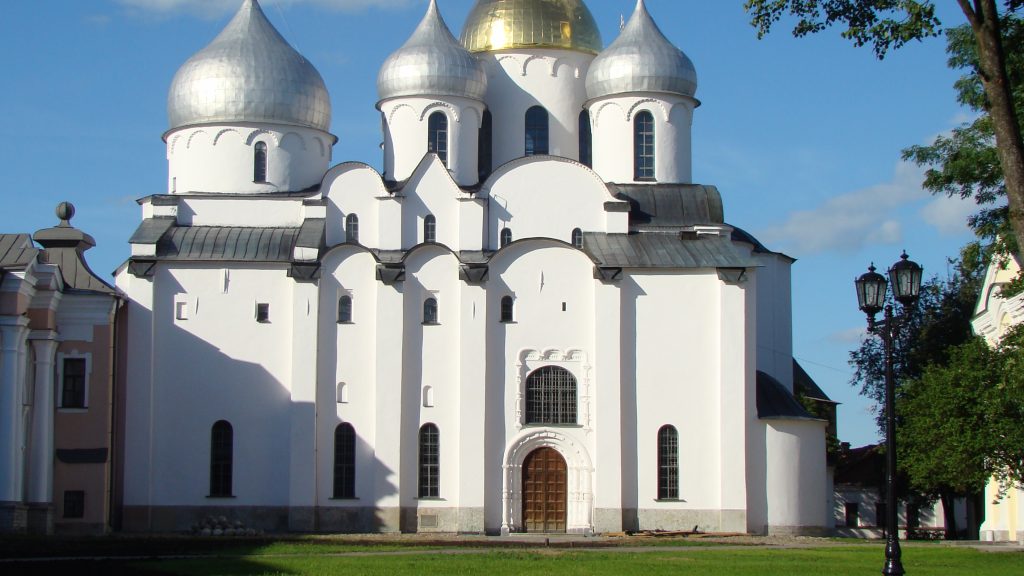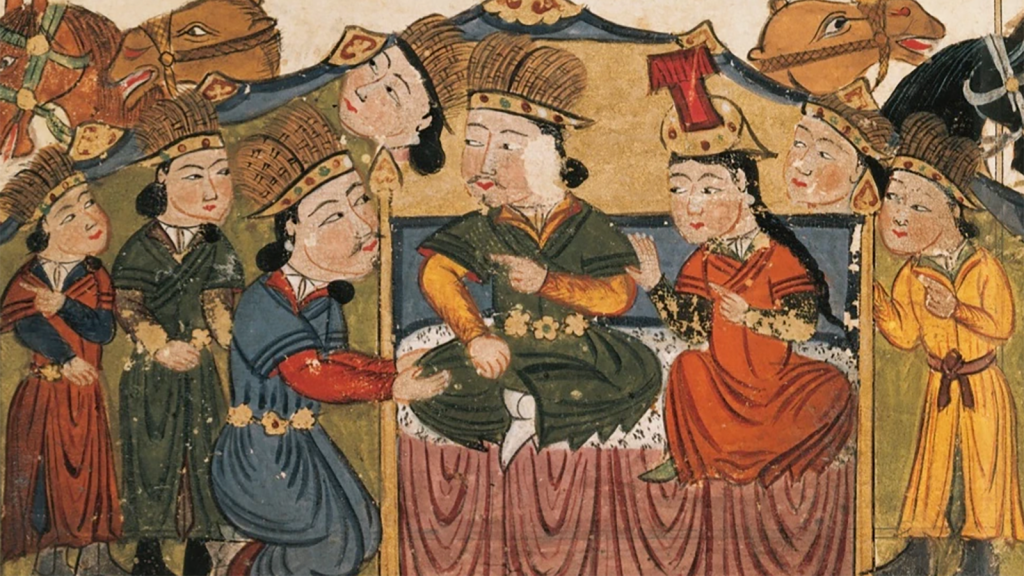

Latest posts View all
Available soon
Resources
Mongol yarlighs and Rus’ élites: demarcating boundaries?
Angus Russell
Building on my discussion at the last working group of the titles given to Mongol agents (darughachi/basqaq) and their possible position as a minority élite in Rus’, this presentation will focus on a specific group of sources that are yet to attract significant attention in the wider historiography: the charters, or yarlighs, granted to the Rus’ church, to exempt its clerics and property from various obligations. While the overarching title of basqaq appears in the earliest such yarligh – dating to the second half of the thirteenth century – in later documents these charters’ address clauses attest a much more diverse range of figures. But how far does this diversity reflect a qualitative shift in the nature of any Mongol élite establishing itself in Rus’? Or was it instead simply an effort by the khans to claim authority over these agents, even as their sway in Rus’ politics was being increasingly challenged by Moscow?
People
Angus Russell
Angus Russell is in the final stages of his PhD at the University of Cambridge, where his research focusses on the transmission of Mongol fiscal models to Moscow across the long fifteenth century, from the reigns of Vasilii I (1389-1425) to Vasilii III (1505-33). By assessing charter evidence in particular, his project seeks to define the interplay of Muscovite institutional norms with their analogues in the Qipchaq Khanate (‘Golden Horde’) and its successor polities. Building on his earlier work investigating both the Mongol relay network (iam) and forms of Inner Asian landholding, Angus is interested in delineating forms of mediation between putatively nomadic and sedentary societies. To this end, he explores how such bureaucratic transmission mirrored contemporary ideological currents that perceived the khans’ rule as antithetical to Byzantine imperial heritage, alongside comparing the evolution of Muscovite practice with administrative innovation in neighbouring regions of Eurasia.
Before starting at Cambridge, Angus obtained his undergraduate degree in History and Russian, and his master’s degree in Late Antique and Byzantine Studies, at the University of Oxford; during his doctorate he has also spent time at the Institut national des langues et civilisations orientales (INALCO) in Paris.

